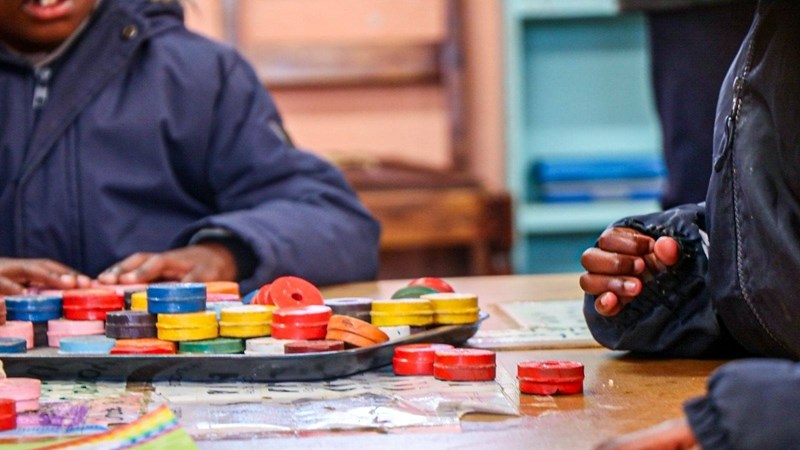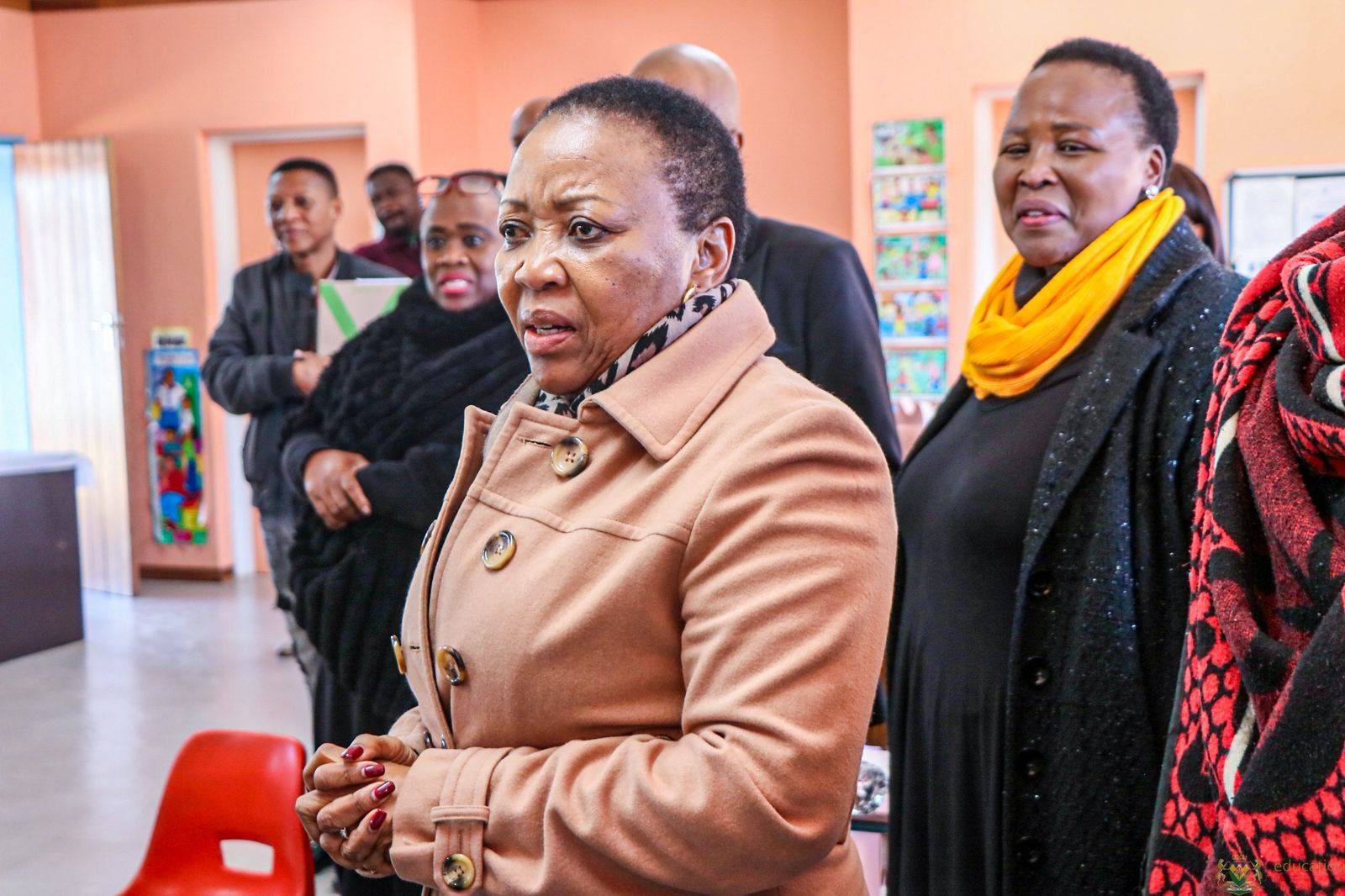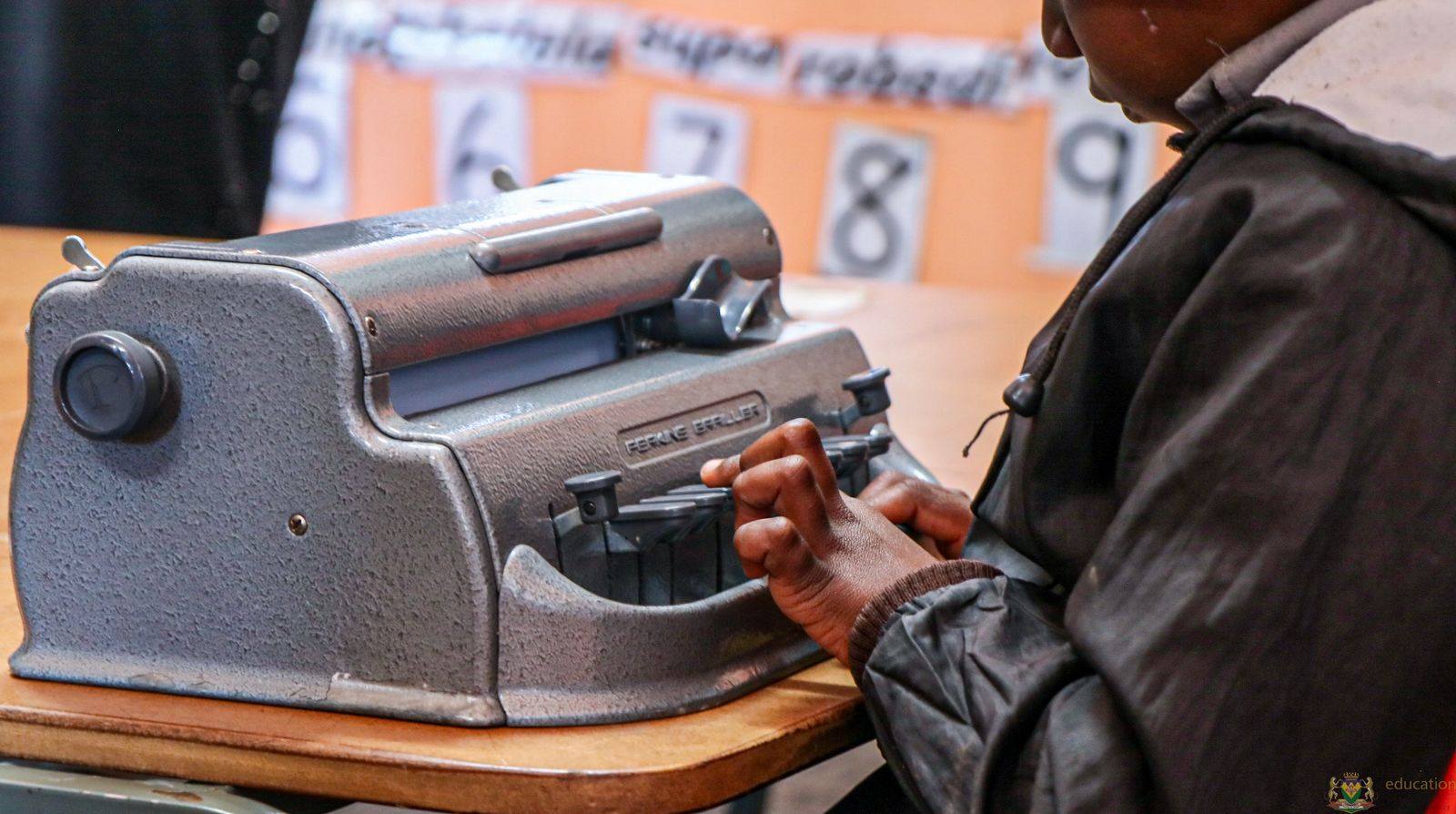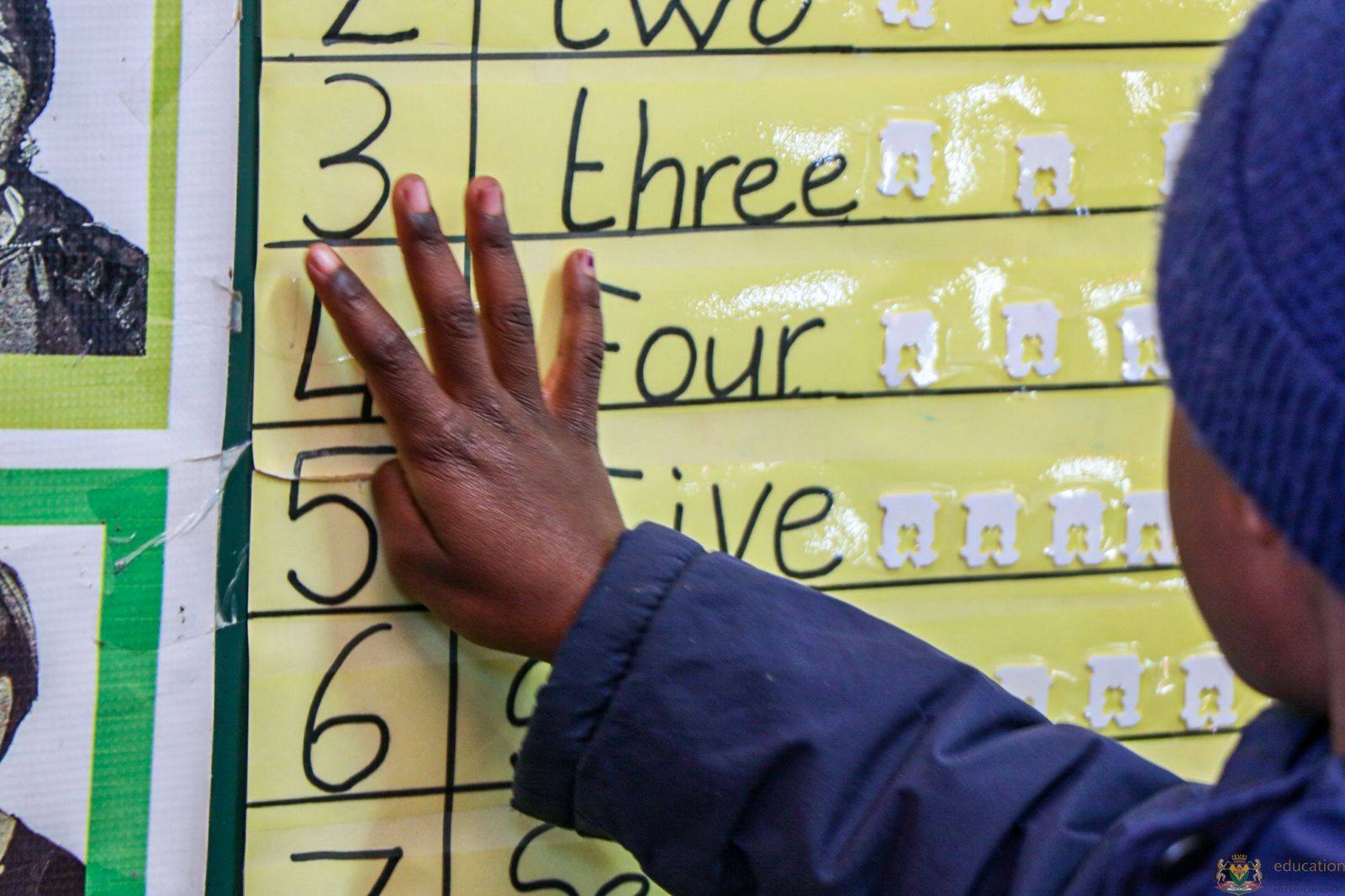Central SA
Free State prioritises inclusive education for special needs─── KEKELETSO MOSEBETSI 06:00 Wed, 30 Jul 2025

The Free State Department of Education is making strides to ensure children with special needs receive critical support from an early age.
On Tuesday (29/7), the department hosted a roundtable discussion with key stakeholders focused on inclusive education for blind and deaf learners, aiming to address ongoing systemic challenges and chart a path forward for equitable education.
Free State Education MEC Julia Maboya delivered a firm message during her address, highlighting the pressing need to reform longstanding structural inefficiencies in the education system. “Structural challenges such as early identification, teacher development on deaf education and educators with disabilities, South African Sign Language (SASL) training, and bilingual education must be reviewed,” Maboya said.

Free State Education MEC Julia Maboya at Thiboloha school for the deaf and blind. Photo: Facebook
She emphasised the importance of bilingual education in the province’s efforts toward inclusivity, particularly with the recent introduction of mother tongue-based bilingual learning.
“Bilingual education is very important, especially now that the province has introduced mother tongue-based bilingual education,” she noted. The need for inclusive education is not just a policy requirement, but it is a moral obligation.
 Learners at Thiboloha school for the deaf and blind. Photo: Facebook
Learners at Thiboloha school for the deaf and blind. Photo: Facebook
“In the Free State, 11.1% of our population lives with disability. This is not just a statistic; it’s a call to action, and it requires urgent, deliberate intervention from our side.
“No one will do it for us. We have to stand up and do something about it.”
She further called for greater recognition and implementation of South African Sign Language (SASL), which was officially declared the 12th official language of the country following a 2023 constitutional amendment. Maboya underscored the responsibility of the education sector to not only teach SASL as a subject but to integrate it into the broader learning environment.

Learners at Thiboloha school for the deaf and blind. Photo: Facebook
“The education sector is now compelled to deliver sign language learning, teaching, and assessment. Sign language should not only be delivered as a subject but also introduced as a medium of learning and teaching instruction from an early age.”
Highlighting the challenges faced by the deaf community, Maboya shared that one in three deaf adults in South Africa who use sign language are only functionally literate. She attributed this alarming reality to decades of marginalisation and the lack of adequate educational support.
“Decades of marginalisation have deprived many deaf people of opportunities, especially where South African Sign Language is minimal or even non-existent,” she said.













